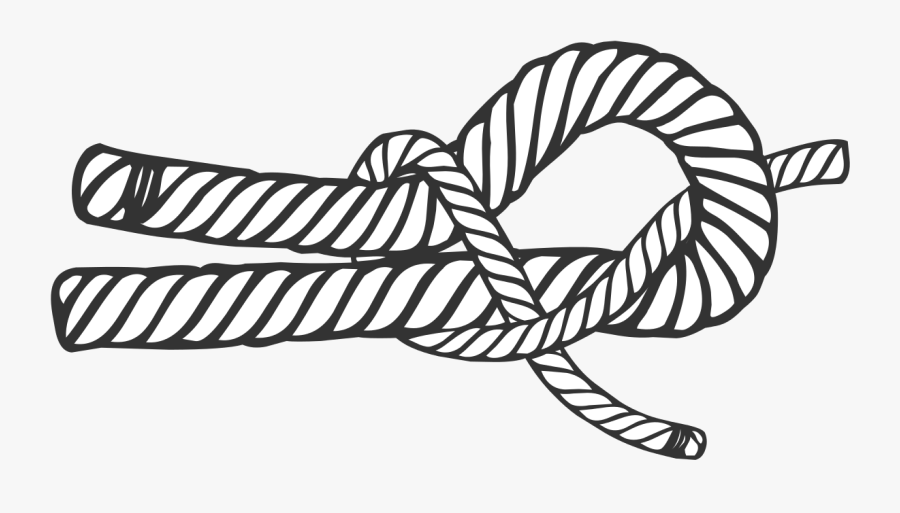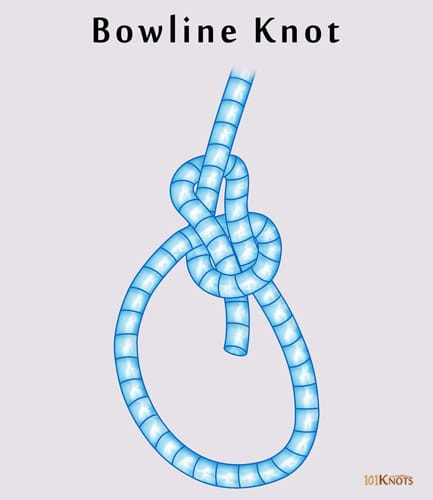The use of the Square Knot
What is tying two ropes together
How to treat a nosebleed
What is lean your head forward and pinch the bridge of the nose until bleeding stops
The amount of red and white stripes on the US Flag
What is 6 white and 7 red
The California state flower, which Native Americans used it for medicinal purposes, it may help with trouble sleeping, aches, and nervous agitation. It may also promote relaxation chewing on the root may help with toothache
What is the California Poppy
The Scout Motto and Slogan
What are
Be Prepared (motto)
and
Do a Good Turn Daily (slogan)

What is the Sheet Bend Knot
The first aid steps, the steps you take when finding someone in need of first aid
What is check scene, call 911, approach safely, provide first aid, protect from further injury, treat for shock, make examination
The blue square where the stars are on the US flag
What is the Union
The plant that people identify by "Leaves of three, let it be"
What is poison oak
The skill to locate your position on a map, use contour lines to calculate elevation change, and use a compass to find the bearing of an object
What is Orienteering
The most common knot to tie when you mess up the square knot
What is the granny knot
The difference between Heat Stroke and Heat Exhaustion, which one is worse
What is heatstroke is worse and when you don't even sweat, Heat Exhaustion is when
The most common fabric used to make flags and why it is the best
nylon because it is durable, weather-resistant, and has high visibility
The most commonly seen snake in the Bay Area. It is harmless may vibrate/rattle its tail when disturbed.
What is the Pacific Gopher Snake
The names of all nine patrols in Troop 224. (Including the one for new scouts and the parents' patrol)
What are the Ninja, Sasquatch, Goat, Eagle, Panda, Shark, Senior, Creekie, and Dragon Patrols?
The knot that is normally described as having a bunny go around a tree
What is the bowline knot
What is a compound fracture is a break where bone goes through the skin and a Simple fracture is a break where the bone does not break the skin
where the world's largest flag was the US flag flown
Where is the Hoover Dam for the 1996 Olympics torch relay
The bird that is blue and gray above, pale underneath with a blue necklace, Found in more open and lower habitats
What is the Western Scrub-Jay
The rules for a pocket knife
What is the blade must be shorter than the palm of your hand
The knot we use for tree lot and the one that is very similar to it
What are the Two Half Hitch and the Taut Line, The taut line has one extra loop than the Two half hitch
The difference between First Degree, Second Degree, Third Degree, and Fourth Degree burns
What are:
first-degree burns (superficial burns) are mild compared to other burns. They cause pain and reddening of the epidermis (outer layer of the skin).
Second-degree burns (partial thickness burns) affect the epidermis and the dermis (lower layer of skin). They cause pain, redness, swelling, and blistering.
Third-degree burns (full-thickness burns) go through the dermis and affect deeper tissues. They result in white or blackened, charred skin that may be numb.
Fourth-degree burns go even deeper than third-degree burns and can affect your muscles and bones. Nerve endings are also damaged or destroyed, so there’s no feeling in the burned area.
Where the US flag is when on stage with the speaker
Where is the Speakers right
The tree that Native Americans used acorns as an important food staple, European colonists found that its wood made superior charcoal, leaves are thick and leathery, convex with edges turning down, spiny margins (holly-like), shiny green above, duller with fuzz in vein axis below, caps cover 1/4 to 1/3 of acorn.
What is the Coast Live Oak
The knot/device used to fasten a neckerchief (not a neckerchief slide)
What is a Woggle?